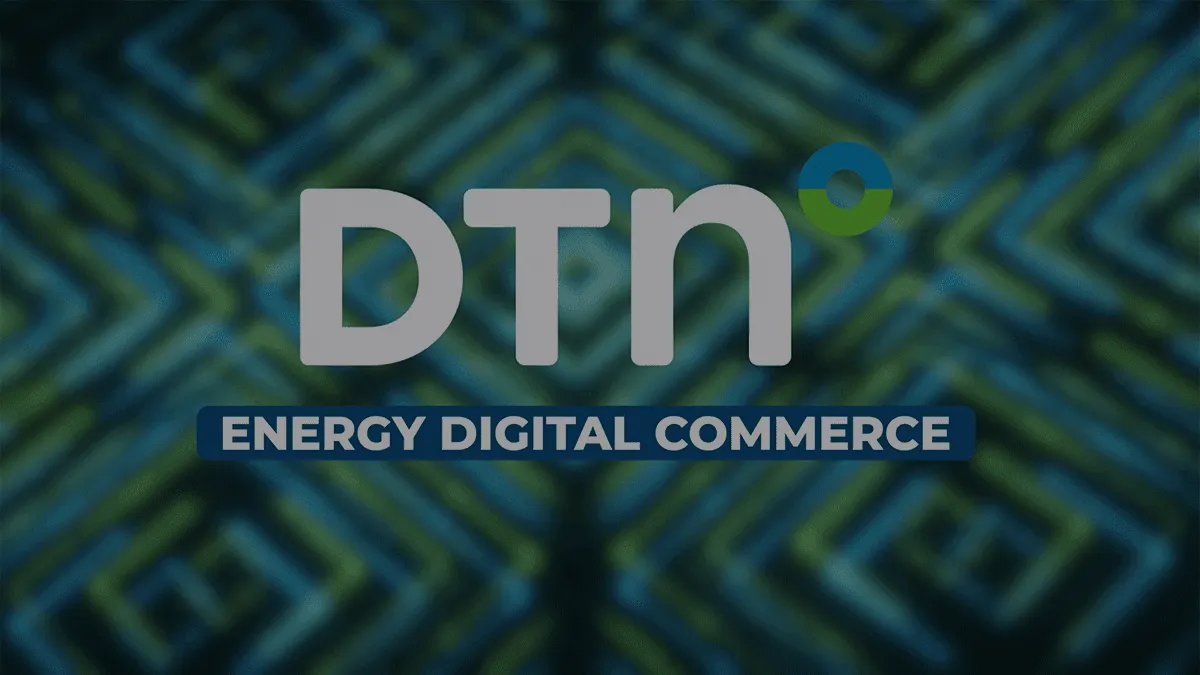
DTN Expands Energy Digital Commerce with Industry-Leading Price Benchmarks, Driving Growth and Efficiency Across Fuel Trading Markets
DTN, widely recognized as a global leader in operational decision support for energy, agriculture, and weather-driven industries, has announced a major advancement to its Energy Digital Commerce platform. This online marketplace, already considered a game-changer for physical fuel trading, now incorporates widely trusted and industry-preferred price benchmarks from Argus, S&P Global Commodity Insights (Platts), and OPIS, a Dow Jones company. The inclusion of these benchmarks represents a significant step in bringing transparency, speed, and confidence to energy trading transactions.
Ken Evans, General Manager of Energy and Refined Fuels at DTN, emphasized the importance of this enhancement, stating, “Our goal has always been to empower our clients with the most up-to-date and relevant information. With these new benchmarks, users can now align their index-formula-related pricing strategies more closely with industry standards, potentially uncovering new opportunities for optimization and growth. In some scenarios, we’ve seen customers increase their sales volumes by up to 40% after adopting the platform.”
This latest development underscores DTN’s broader mission: enabling companies to make smarter, faster, and more profitable decisions by embedding authoritative data directly into the daily workflows of traders, buyers, and sellers.
Transforming the Downstream Fuels Market
The Energy Digital Commerce platform has already been reshaping how downstream fuel markets operate. Traditionally, the process of purchasing and selling refined fuels involved fragmented communication, opaque pricing, and a high dependency on manual processes. Buyers and sellers often had to rely on phone calls, spreadsheets, and a patchwork of data sources, leading to inefficiencies and missed opportunities.
DTN’s platform eliminates these frictions by providing a single digital environment where buyers and sellers connect in real time. Buyers gain access to competitive prices and the ability to purchase fuel the same day using their existing credit lines. At the same time, sellers are able to manage inventories more efficiently, optimize margins, and improve deal accuracy through automated and transparent workflows.
Now, with the addition of authoritative benchmarks from leading Price Reporting Agencies (PRAs), Energy Digital Commerce strengthens its role as a trusted marketplace, enabling market participants to execute deals with confidence and accuracy.
Why Industry Benchmarks Matter
Price benchmarks play a critical role in global energy trading. They act as reference points that reflect market value for specific fuel types in specific regions. Companies use these benchmarks to build index-based contracts, manage risk, and ensure their pricing strategies remain competitive and aligned with the broader market.
Until recently, traders often had to toggle between multiple platforms and data providers to access benchmark information, then manually apply it to contracts and transactions. This time-consuming process was prone to delays and errors. By integrating benchmark data directly into its platform, DTN eliminates these inefficiencies, giving traders instant access to Argus, Platts, and OPIS benchmarks—all in one place.
Evans explained the impact: “In the fast-paced world of energy trading, having access to reliable, industry-recognized benchmarks is crucial. By incorporating these Price Reporting Agency leaders into Energy Digital Commerce, we’re providing our clients with the decision-grade data they need to navigate market volatility with greater decisioning speed and precision.”
This means traders can price deals faster, reduce exposure to market swings, and more easily identify optimal buying or selling opportunities.
Key Features of DTN Energy Digital Commerce
The new benchmark integration builds upon a robust suite of existing capabilities that have already made the platform one of the most advanced in the market. Among its features are:
- Live, Dynamic Offers – Real-time updates allow sellers to push offers directly to buyers, ensuring the most accurate and competitive deals are visible instantly.
- Built-In Negotiation Tools – Buyers and sellers can negotiate terms directly within the platform, reducing delays and eliminating the inefficiency of external communications.
- Contract Integration Capabilities – Pricing and transaction data can be seamlessly tied to existing contractual agreements, reducing administrative overhead and improving compliance.
- Automated Price Publishing via API – Sellers can integrate the platform directly with ERP systems, automatically publishing updated prices to the marketplace without manual input.
Together, these tools help companies streamline operations, strengthen compliance, and ultimately drive better financial outcomes. For many, it represents the digitization of a process that had long resisted modernization.
Real Business Impact
The measurable impact of adopting Energy Digital Commerce has been significant. According to DTN, organizations using the platform have reported substantial improvements in both efficiency and profitability. In fact, in certain scenarios, clients have been able to boost their sales volumes by up to 40%.
For buyers, the advantages include more competitive pricing, faster purchasing capabilities, and reduced administrative burdens. For sellers, the benefits extend to increased deal flow, optimized margin management, and stronger customer relationships driven by transparency and trust.
This type of digital transformation is particularly important in the current energy environment, where companies face volatile market conditions, rising sustainability demands, and a constant need to optimize capital allocation. The addition of benchmarks ensures that trading strategies remain aligned with global market realities while still offering flexibility for competitive differentiation.
Navigating Market Volatility
Energy markets are inherently volatile, influenced by geopolitical dynamics, supply disruptions, weather events, and shifts in global demand. For fuel traders, this volatility represents both risk and opportunity.
Having real-time access to benchmark data, combined with decision-grade analytics, equips traders to make informed choices even in turbulent conditions. Whether a company is a regional distributor, a national retailer, or a multinational trading house, the ability to adjust strategies quickly can mean the difference between capturing market share and falling behind.
By embedding benchmark data into its marketplace, DTN ensures that users no longer have to rely on outdated or fragmented sources of information. Instead, they can act quickly with a single source of truth.
DTN’s Vision for the Future of Energy Trading
This move reflects DTN’s broader commitment to driving innovation across energy trading. The company has long been known for providing mission-critical data and decision-support solutions in industries where precision and timing matter most.
In energy, the future is increasingly digital, transparent, and data-driven. Platforms like Energy Digital Commerce are redefining how companies interact, transact, and compete. By continuing to integrate world-class data sources and refining user experiences, DTN positions itself as not just a service provider but a partner in strategic growth for its clients.
Evans concluded, “Our platform is designed to evolve with the industry. As markets become more complex and interconnected, our mission remains the same: to deliver the tools and insights that empower our customers to succeed.”










